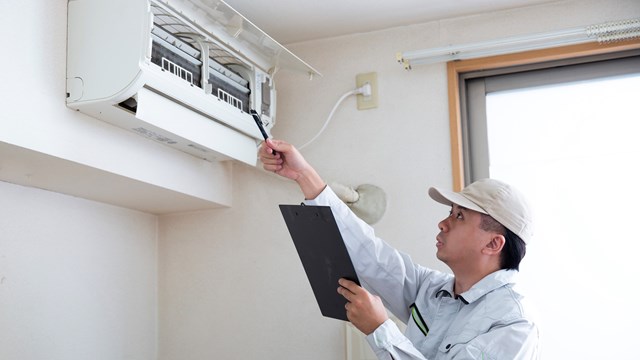Like baseball players, condo and co-op owners are often creatures of habit. Settled into their units, they’re used to costs rising over time, but on a regular and predictable basis. That means once a year - usually in January - and by a couple of percent. That consistency is now at risk, at least in the short-term. The crises of the past few years, including the pandemic, inflation, increasing interest rates, and a possible looming recession have changed things.
Budgeting
Budgeting, which lies at the heart of managing the financial health of co-op and condominium communities, has always been a relatively easy task. Boards just meet with their accountants, review the prior year’s expenses, compare them to the projections for the current year, consider market and economic forces at play, and project a budget for the next year. Being non-profit organizations, co-ops and condos have historically had a modest goal: come as close as possible to breaking even for the coming year. While most projected budgets included some modest overall increase in monthly charges, these increases were exactly that - modest - and expected.
The inflationary pressures of the past year have changed that picture.
Everything is Up
Inflation is running at approximately 10%, the highest level in four decades. To a great extent petroleum prices are at the root of the problem. Not only does it cost more to heat your building, but it also costs more to have cleaning supplies delivered, because your vendor is passing along his increased costs at the pump to you. The ripple effect is…endless.
The problem for co-op and condominium communities is that they run on a tight budget. There is little other than their reserves to cover unexpected increases in cost or emergency expenditures. Most associations and corporations keep two classes of reserves, one for operations and one for repairs. In many instances, often dictated by governing documents, the reserves held for emergency repairs or replacement of systems such as roofs and boilers, are built up over time and cannot be used for operations. The operating reserves are usually small to begin with.
How to Respond
If the community is out of funds, it has little choice but to raise funds. Two options exist, a special assessment or a second, mid-year increase in monthly maintenance or common charges.
“We’ve seen a second round of yearly increases in six months or a special assessment for operations budgets in the red,” says a CPA with Jilleba Libock, an accounting firm located in Westwood, New Jersey. “Owners hate it but there’s no choice. A second assessment in one year, rather than a typical annual assessment, can affect the value of the unit. Many people are expecting it though because of the huge rise in energy costs. As long as you budget going forward and you need to do a catchup, it’s better to do a special assessment than a second annual increase on a monthly basis.”
For the future Sackstein suggests, “We are recommending higher overall increases in budgeting this year, but we’re also recommending that associations with a large portion of their expenditures in energy, like high-rise buildings with gas heat, do whatever they can to lock in prices now. Contract with energy suppliers now. Lock in prices. For other types of associations, particularly HOAs, it’s landscaping they have to look at very carefully to see if there are fuel surcharges and then must budget for that. The cost of snow removal will be an issue this winter as well.”
A J Sidransky is a writer/reporter with CooperatorNews and a published novelist. He can be reached at alan@yrinc.com.










Leave a Comment